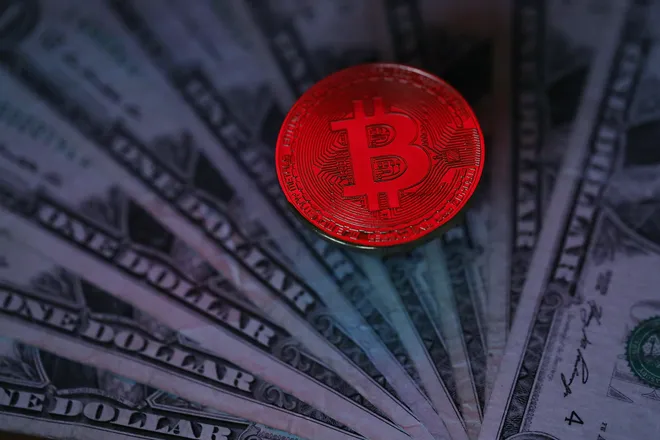Owning cryptocurrency is like buying a Beanie Baby, Coinbase lawyer argues

Cryptocurrency is just another version of Beanie Babies, a Coinbase lawyer said in court to argue against classifying the currency as securities. The attorney said crypto is more like collectibles than actual stakes in a company.
“It’s the difference between buying Beanie Babies Inc. and buying Beanie Babies,” said Coinbase attorney William Savitt, according to Bloomberg.
Savitt compared cryptocurrency to the collectible plushies in a New York federal court when arguing for the dismissal of the lawsuit brought on by the Securities and Exchange Commission in June 2023.
Crypto's Nazi problem:With few rules to stop them, white supremacists fundraise for hate

According to Bloomberg, Savitt told U.S. District Judge Katherine Polk Failla that the currency is different from securities because those who buy them do not have any stake in the companies they're from, like they would if they bought stocks or bonds.
Legal experts say it might take Failla two-to-six weeks to make a decision regarding the case, according to Fox Business.
This isn't the first time the Coinbase has compared cryptocurrency to Beanie Babies.
"It is akin to the sale of a parcel of land, the value of which may fluctuate after the sale. Or a condo in anew development. Or an American Girl Doll, or a Beanie Baby, or a baseball card," Coinbase attorneys stated in a motion it filed in August 2023.
The motion also points to a judge's ruling that stated Ripple Labs’ crypto coin XRP was not security.
Why did the SEC sue?
The SEC filed the lawsuit because Coinbase was "operating its crypto asset trading platform as an unregistered national securities exchange, broker, and clearing agency," according to a statement from the SEC. It states the commission also charged Coinbase for "failing to register the offer and sale of its crypto asset staking-as-a-service program."

Disclaimer: The copyright of this article belongs to the original author. Reposting this article is solely for the purpose of information dissemination and does not constitute any investment advice. If there is any infringement, please contact us immediately. We will make corrections or deletions as necessary. Thank you.







